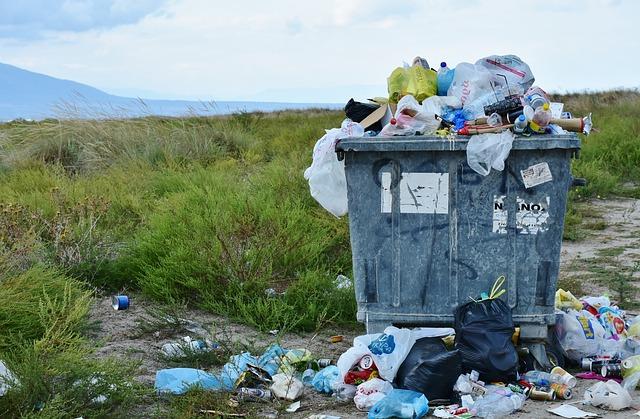Index
Introduction
Living a healthy lifestyle not only benefits our individual well-being but also contributes to a greener planet. This article explores the intersection of healthy habits and environmental sustainability, focusing on aspects like healthy eating, exercise routines, sustainable living practices, and waste reduction strategies.
Healthy Eating
Healthy eating is fundamental for both personal health and the environment. By choosing locally sourced, organic, and plant-based foods, we not only nourish our bodies with essential nutrients but also support sustainable farming practices that minimize environmental impact. Strive to incorporate a variety of fruits, vegetables, whole grains, and legumes into your daily diet for optimal health benefits.

(Image: Pixabay/@Pexels)
To reduce the carbon footprint of your food consumption, consider meal planning to minimize food waste, opt for reusable containers instead of single-use packaging, and support local farmers' markets for fresh produce that hasn't traveled long distances.
Exercise Routine
Regular physical activity is key to maintaining a healthy lifestyle and reducing stress. Engaging in activities like walking, cycling, or yoga not only improves your physical fitness but also reduces your reliance on fossil fuels for transportation. Consider integrating exercise into your daily routine by walking or biking to work, taking the stairs instead of the elevator, or participating in group fitness classes.

(Image: Pixabay/@Peggy_Marco)
Incorporating outdoor activities like hiking or gardening not only promotes physical health but also fosters a deeper connection with nature, fostering a sense of environmental stewardship and appreciation for the natural world.
Sustainable Living
Embracing sustainable living practices is essential for conserving resources and combating climate change. Reduce your household's environmental footprint by implementing energy-efficient solutions, such as switching to LED light bulbs, using programmable thermostats, and investing in renewable energy sources like solar panels.

(Image: Pixabay/@BayCengiz)
Practice water conservation by fixing leaks, installing low-flow fixtures, and capturing rainwater for irrigation. Additionally, reduce waste by composting organic matter, recycling materials, and opting for reusable products instead of disposable ones.
Reduce Waste
Minimizing waste is a crucial aspect of promoting a healthier lifestyle and a greener planet. Adopt a "reduce, reuse, recycle" approach to waste management by limiting single-use items, repurposing materials, and properly sorting recyclables. Compost biodegradable waste to divert it from landfills and create nutrient-rich soil for gardening.

(Image: Pixabay/@RitaE)
Support businesses that prioritize sustainable packaging and eco-friendly practices, and advocate for policies that promote waste reduction and recycling within your community. Every small effort counts towards creating a more sustainable future for generations to come.
Conclusion
In conclusion, by incorporating healthy habits into our daily lives, we not only improve our own well-being but also contribute to building a more sustainable and greener planet. Small changes in our diet, exercise routines, lifestyle choices, and waste management practices can have a significant positive impact on both personal health and environmental sustainability. Let's continue to strive for a harmonious balance between our well-being and the health of the planet we call home.
FAQs
How can I make my diet more sustainable?
You can make your diet more sustainable by choosing locally sourced, organic, and plant-based foods, reducing food waste through meal planning, and supporting sustainable farming practices.
What are some eco-friendly exercise options?
Eco-friendly exercise options include walking, cycling, outdoor activities like hiking, and using stairs instead of elevators to reduce reliance on fossil fuels and promote physical fitness.

